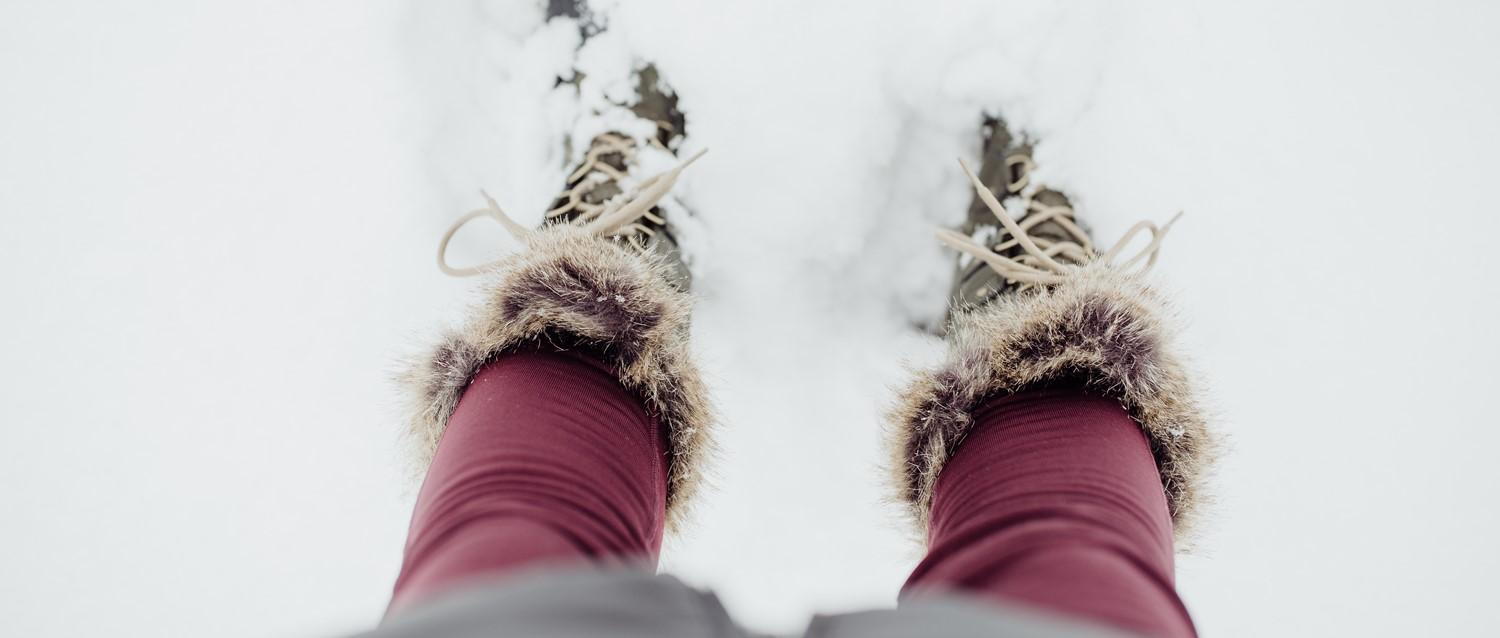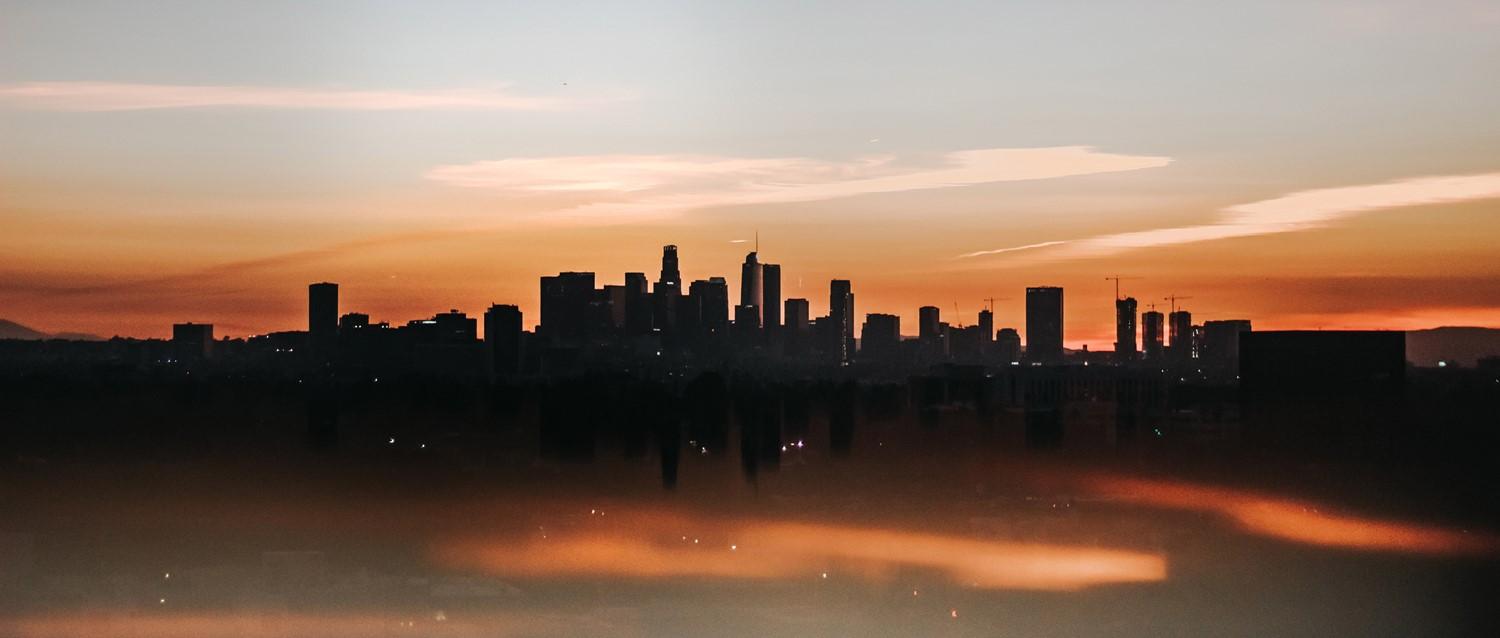
Essential steps to take to avoid falls this winter
Peer reviewed by Dr Colin Tidy, MRCGPLast updated by Dr Sarah Jarvis MBE, FRCGPLast updated 17 Dec 2018
- DescargarDescargar
- Compartir
As you get older, the chances of you breaking a bone after a minor tumble increase. And falls are especially common in winter, so take these precautions to keep safe.
En este artículo:
Most of us have broken a bone at some point. When we're younger, it usually takes a fairly major fall. We'll usually bounce back and be joking about the signatures on our plaster casts in weeks. But as you get older, your bones thin and you're more likely to break a bone (especially wrist or hip) with a fairly minor tumble. As well as being painful, this can really knock your confidence - and if you're worried about leaving the house, you can get socially isolated and find it hard to live independently.
It goes without saying that icy roads and snowy pavements are more slippery than dry ones. But even healthy people with perfect balance can come a cropper.
In icy weather, put on proper shoes with good grips even if you're popping out to put the rubbish out; plant your foot firmly before putting your weight down; and never, ever hurry.
For older people, staying indoors in cold weather is even more important, as they're more likely to fall and more likely to break a bone if they do. Do a stocktake of an older loved one's larder - do they have enough food to see them through a week or two at home? Stock them up with tinned foods and long-life milk, and clear their drive or front step of snow regularly in case they put the milk bottles out despite your warnings.
Seguir leyendo
Don't make night time a nightmare
Lots of older people fall at night. They can get confused in the dark; they may be drowsy because of sleeping tablets, and they're more likely to get light-headed if they stand up quickly from lying. Older men, who often need to get up at night to visit the toilet, can feel dizzy when they pass water. A nightlight can help them orientate themselves when they wake.
Remove rugs from the bedside and make sure there are no light flexes trailing on the floor - both are easy to trip on. Advise them always to turn the light on before getting out of bed, and to sit on the edge of the bed for a couple of minutes before standing to avoid dizziness due to low blood pressure. If at all possible, avoid sleeping tablets - if necessary, speak with your GP about cutting down slowly.
Selecciones de pacientes para Condiciones medioambientales

Salud general y estilo de vida
Efectos de la contaminación atmosférica en los asmáticos
Asthma is a common, long-term lung condition that causes inflammation and narrowing of your airways, leading to symptoms such as shortness of breath, wheezing, chest tightness, and coughing. Air pollution can irritate your airways, making your asthma worse. We look at what you can do to ease symptoms and better manage your asthma when pollution is high.
por Lawrence Higgins

Salud general y estilo de vida
Agotamiento e insolación
Los riesgos de una exposición excesiva de la piel al sol son bien conocidos. Demasiado sol aumenta el riesgo de cáncer de piel, y las quemaduras conllevan un riesgo especialmente alto de melanoma maligno. Pero a corto plazo, el exceso de calor también conlleva un riesgo de agotamiento por calor que, si no se trata, puede provocar un golpe de calor potencialmente mortal.
por el Dr. Doug McKechnie, MRCGP
Could your medicine be to blame?
All medication has side-effects, but for most people it does much more good than harm. However, some medicines can increase your risk of falls, by making you drowsy, light-headed or dizzy. Common culprits include strong painkillers; antidepressants; medicine for epilepsy; sleeping tablets and some blood pressure-lowering medicines.
Seguir leyendo
Dizzy spells
There are lots of causes of dizzy spells. If you feel light-headed when you stand, it could be because your blood pressure has dropped. If the room spins, it could be a problem with the balance mechanisms in your inner ear. If you actually faint, causes include being dehydrated, being too hot and, occasionally, abnormal heart rhythms. Whatever the cause, dizziness increases your risk of falling and hurting yourself, so it's important to see your doctor.
Falls clinics
Doctors are well aware of the risks of falls, especially in older people. Having even one fall without an obvious cause puts you at higher risk of more in future. Many hospitals now run specialist falls clinics.
The doctor will run through all your medication and advise on safer alternatives. There will usually be a physiotherapist and occupational therapist as part of the team. They can help with exercises to improve balance and muscle strength, and arrange for home adaptations like rails for bath and stairs. If an older loved one has had a fall, ask their GP about a referral.
With thanks to 'My Weekly' where this article was originally published.
Historia del artículo
La información de esta página ha sido revisada por médicos cualificados.
17 Dec 2018 | Latest version

Pregunte, comparta, conecte.
Explore debates, formule preguntas y comparta experiencias sobre cientos de temas de salud.

¿Se encuentra mal?
Evalúe sus síntomas en línea de forma gratuita